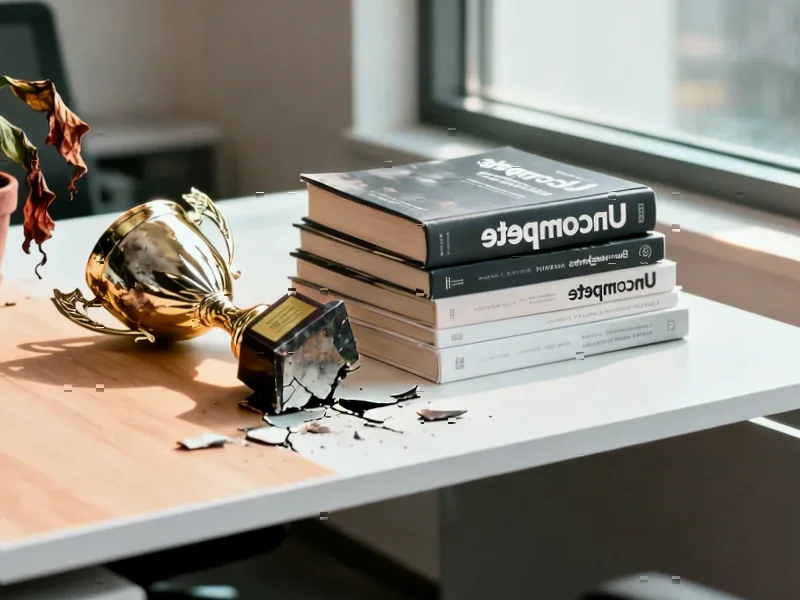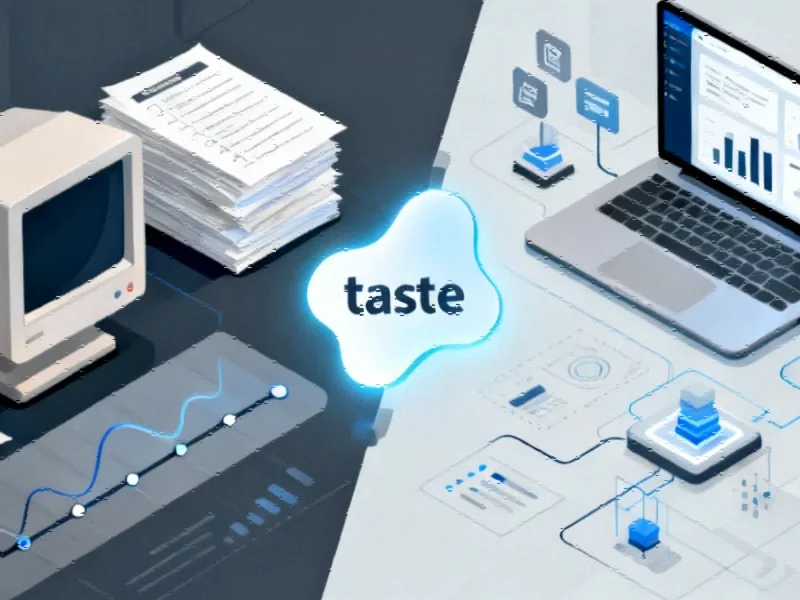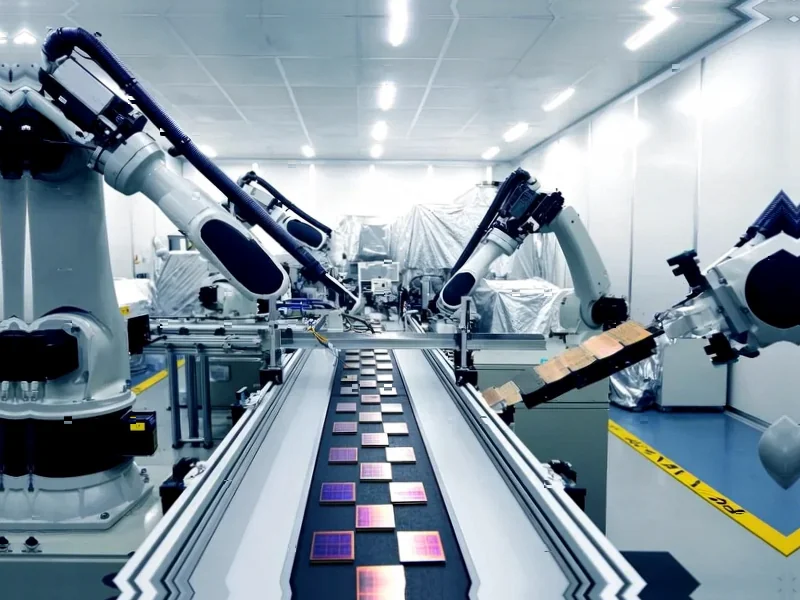According to Ars Technica, the Internet Archive recently celebrated archiving its trillionth webpage while emerging from years of copyright battles that forced the removal of more than 500,000 books from its Open Library. The nonprofit survived lawsuits from book publishers seeking $400 million and music publishers demanding $700 million, reaching confidential settlements that avoided bankruptcy. Founder Brewster Kahle described the outcome as survival that “wiped out the Library,” noting the organization lost its National Emergency Library project that had grown to 1.4 million titles during COVID-19. Despite these setbacks, the Archive continues expanding projects like Democracy’s Library and was recently designated a federal depository library by Senator Alex Padilla. This bittersweet milestone reveals deeper challenges facing digital preservation.
The Controlled Digital Lending Battle
The legal confrontation centered on controlled digital lending (CDL), a methodology that allows libraries to digitize physical books and lend digital copies under specific restrictions. The Internet Archive’s implementation was particularly ambitious, pushing beyond the boundaries established by earlier precedents like the Google Books case. Where Google’s approach was deemed transformative fair use for search and snippet display, the Archive’s one-to-one lending model—where each physical copy corresponded to one digital loan—represented a more direct challenge to publisher licensing models. The legal defeat doesn’t invalidate all forms of CDL, but it establishes clear boundaries for how aggressively libraries can digitize and lend copyrighted materials without publisher permission.
The Chilling Effect of Statutory Damages
What makes these cases particularly dangerous for preservation efforts is the unique structure of U.S. copyright statutory damages. Unlike most legal systems where plaintiffs must demonstrate actual harm, American copyright law allows rights holders to elect statutory damages without proving financial loss. This creates asymmetric risk where a single digitization project involving thousands of works could theoretically face billions in liability. For under-resourced libraries and archives, this risk calculus becomes paralyzing—even when their activities serve clear public benefit. The funding cuts to library services compound this problem, leaving institutions with fewer resources for both digitization and potential legal defense.
Preservation in the Digital Dark Age
The loss of 500,000 books from the Open Library represents more than just restricted access—it creates preservation gaps that may never be filled. Many of these works exist in limited physical copies scattered across library systems, and without coordinated digitization efforts, they risk becoming effectively inaccessible. This is particularly troubling for scholarly research, where the ability to cross-reference and verify sources forms the foundation of academic integrity. The Archive’s vision of linking book scans to Wikipedia articles would have created a powerful research ecosystem, allowing users to directly consult primary sources rather than relying on secondary summaries. Now, that verification chain remains broken, and researchers must navigate increasingly fragmented access systems.
The Library Licensing Crisis
Beyond the immediate legal battles, the Internet Archive case highlights the broader crisis in library e-book licensing. Traditional library functions of preservation, inter-library loan, and permanent collection building are fundamentally incompatible with the licensing models pushed by publishers. As libraries increasingly struggle with restrictive licensing terms, they risk becoming mere subscription services rather than cultural preservation institutions. The temporary nature of licensed access means that important works can disappear from library collections based on corporate decisions rather than community needs. This shift from ownership to access fundamentally changes the role of libraries in society and their ability to serve as stewards of cultural heritage.
The AI Threat to Digital Preservation
Ironically, as the Internet Archive fights to preserve existing knowledge, the AI revolution creates new preservation challenges. Large language models are trained on vast corpora of digital content, yet the training data itself often becomes obscured within proprietary systems. This creates a paradox where AI systems can summarize and synthesize information from millions of sources, but those original sources may become less accessible to human readers. The concentration of AI development within a few well-funded corporations means they can afford the legal battles and licensing fees that would bankrupt preservation-focused nonprofits. This could create a future where access to our collective knowledge is mediated through corporate AI interfaces rather than direct engagement with primary sources.
Democracy’s Library and the Path Forward
The Archive’s pivot to Democracy’s Library represents a strategic shift toward less legally fraught territory—government publications and public domain materials. While this avoids immediate copyright conflicts, it also represents a narrowing of the Archive’s original ambition to create a comprehensive digital Library of Alexandria. The fundamental tension remains: how to balance creator rights with public access in an increasingly digital world. Kahle’s call for re-architected copyright laws points toward a needed conversation about creating systems where multiple stakeholders—authors, publishers, libraries, and the public—can all thrive rather than engaging in zero-sum legal battles over increasingly restricted access to knowledge.





Thanks for sharing. I read many of your blog posts, cool, your blog is very good.